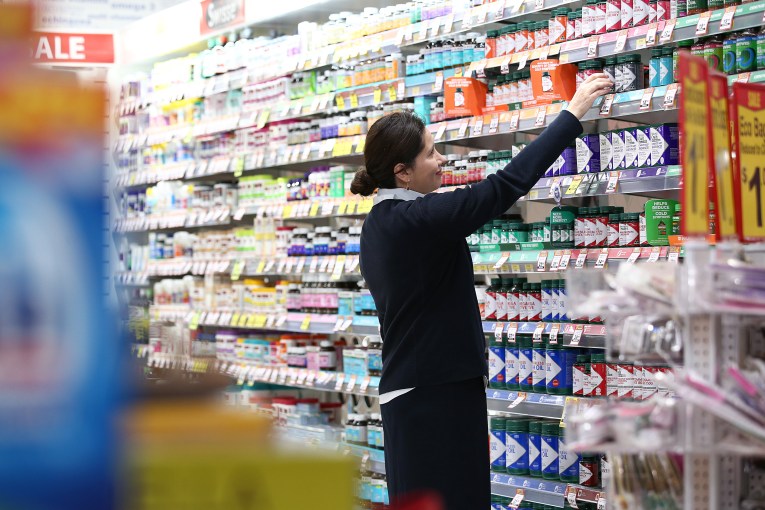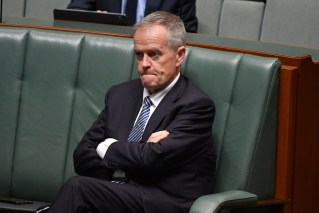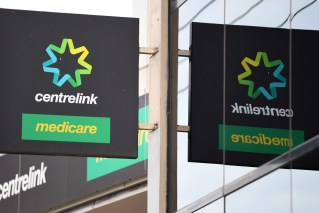The $9 billion rise and fall of Bundaberg cane farmer who took on the world of finance
Lex Greensill went from a Bundaberg sugar cane farm to the owner of a global finance juggernaut and built an enormous fortune along the way that now appears to be crashing down around him.


Lex Greensill (left) and his brother Peter on the family Bundaberg farm
Greensill is struggling to keep his empire of supply chain financing alive. His London-based Greensill Capital is in trouble after Credit Suisse froze about $US10 billion ($12.8 billion) worth of funds Greensill relied on.
There were also reports that Softbank had written down its $US1.5 billion ($1.93 billion) stake in Greensill Capital and it appeared his links to industrialist Sanjeev Gupta played a key role. Reports out of London overnight said Britain’s state-owned business bank had stripped Greensill of government guarantees on loans to Gupta which may have breached lending terms.
Germany’s banking regulator had also been pressuring Greensills to reduce its exposure to Gupta because Greensill’s business is built on its 2014 purchase of a German bank, NordFinanz.
Gupta owns Liberty Steel which owns Whyalla Steel in South Australia and last year bought a Tasmanian hydro-powered smelter.
There is now discussion about insolvency for Greensill, but there are negotiations with Apollo Capital that may keep the company alive through a sale expected to be at $US100 million ($S128 million). The deal could see the entry of former UK Prime Minister David Cameron into the negotiations. Cameron has been advising Greensill since 2018.
Former Australian Foreign Minister Julie Bishop is also an adviser to Greensills and on the board of its Asia Pacific business.
Greensill has been struggling for several years as he attempted to upend the financing world with a complex scheme of supply chain financing where the global banks have had a stranglehold.
Greensill started the business in 2011 and at one stage last year he was considering a capital raising and listing. It had a valuation in 2019 of $US4 billion ($A5.4 billion), but was aiming at a capital raising which would have given it a $US7 billion ($A9 billion) valuation.
The company, which at one stage was growing at 300 per cent a year, was owned by Greensill and his family who still own a farm in Bundaberg growing sugar cane and sweet potato.
His inspiration for the business was watching his parents deal with the long payment terms. After a few jobs with the likes of Morgan Stanley and Citibank in the supply chain financing world, he started his own business which quickly moved into 56 markets with backing from the likes of Softbank’s vision fund and General Atlantic as well as Credit Suisse.
Supply chain finance allows businesses to stretch out the repayments. Under the scheme, a supplier is paid early and at a discount by Greensill and the debt is repaid to Greensill over a longer period.
But it appears Credit Suisse decided Greensill’s exposure to Gupta was too high. Greensill had apparently provided billions of dollars of financing to Gupta’s GFG Alliance which itself was a massive business covering metals to banking and was understood to have revenue of $US20 billion.
In a statement to London’s Financial Times recently, Greensill said its bank was strongly capitalised and that it was in regular discussions with regulators in all the jurisdictions in operated in.












